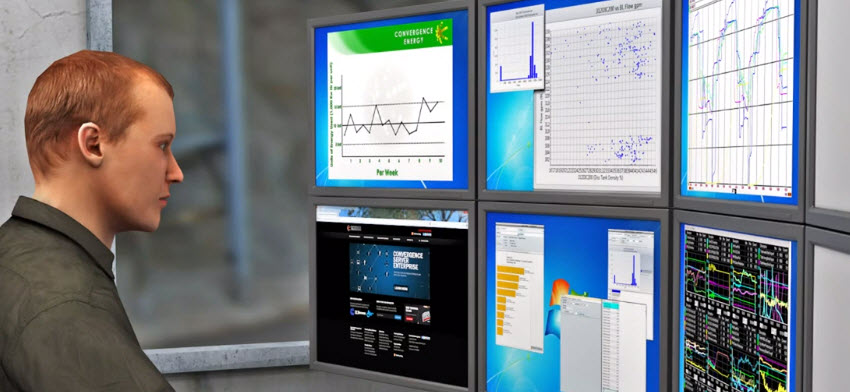
Demineralizer Troubleshooting
Boiler feedwater often contains inorganic salts, dissolved impurities, and foreign particles, which cause corrosion and scale problems and decrease boiler efficiency. Ion exchange is the main process used to control boiler water quality. Ions are atoms or molecules that have split up in water and lost or gained an electron, thus acquiring an electrical charge. Ion exchange is a reversible chemical reaction in which ions in a solution are exchanged for a similarly charged ion attached to an immobile solid particle, called “resin.” Because ions have positive or negative charges, there are different types of ion exchange resins. Cation resins exchange hydrogen (H+) ions for undesirable positively-charged ions. Anion resins exchange hydroxide ions (OH-) for undesirable negatively-charged ions. This course discusses some of the more common issues that can occur during demineralizer operations, including the parameters that should be monitored and can be used to troubleshoot issues.
Request a demoCourse Details
Learning Objectives
At the end of this module, you will be able to:
- Identify and describe key demineralizer operating parameters
- Identify and describe indicators of poor demineralizer performance
- List and describe some typical causes of poor performance
Specs
| Course Level | Fundamental |
| Languages | English |
| Compatibility | Audio, Video, MobileReady, Responsive |
Course Applies To
Demos + Pricing
Learn more about our courses, get pricing, and see our platform.











